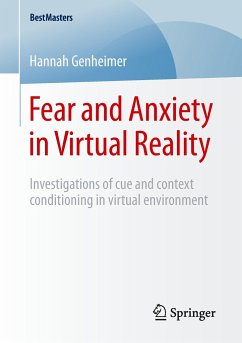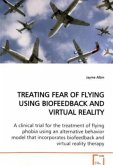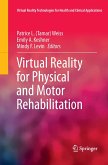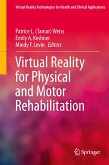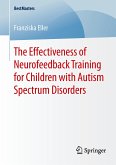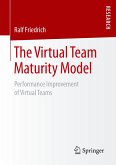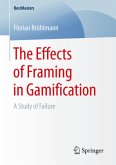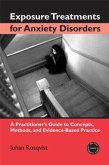Virtual realities provide an outstanding tool in anxiety research. A fear conditioning study investigates and illustrates the development of anxiety disorders in humans. Hannah Genheimer describes the scientific background of fear and anxiety and presents an empirical study in a highly controlled virtual environment. Psychophysiological as well as subjective data on the participants' fear and anxiety clearly show contextual fear conditioning. Cue conditioning in the light of one-trial learning is discussed. The results emphasize the promising application of virtual environments in psychotherapy.
Bitte wählen Sie Ihr Anliegen aus.
Rechnungen
Retourenschein anfordern
Bestellstatus
Storno

